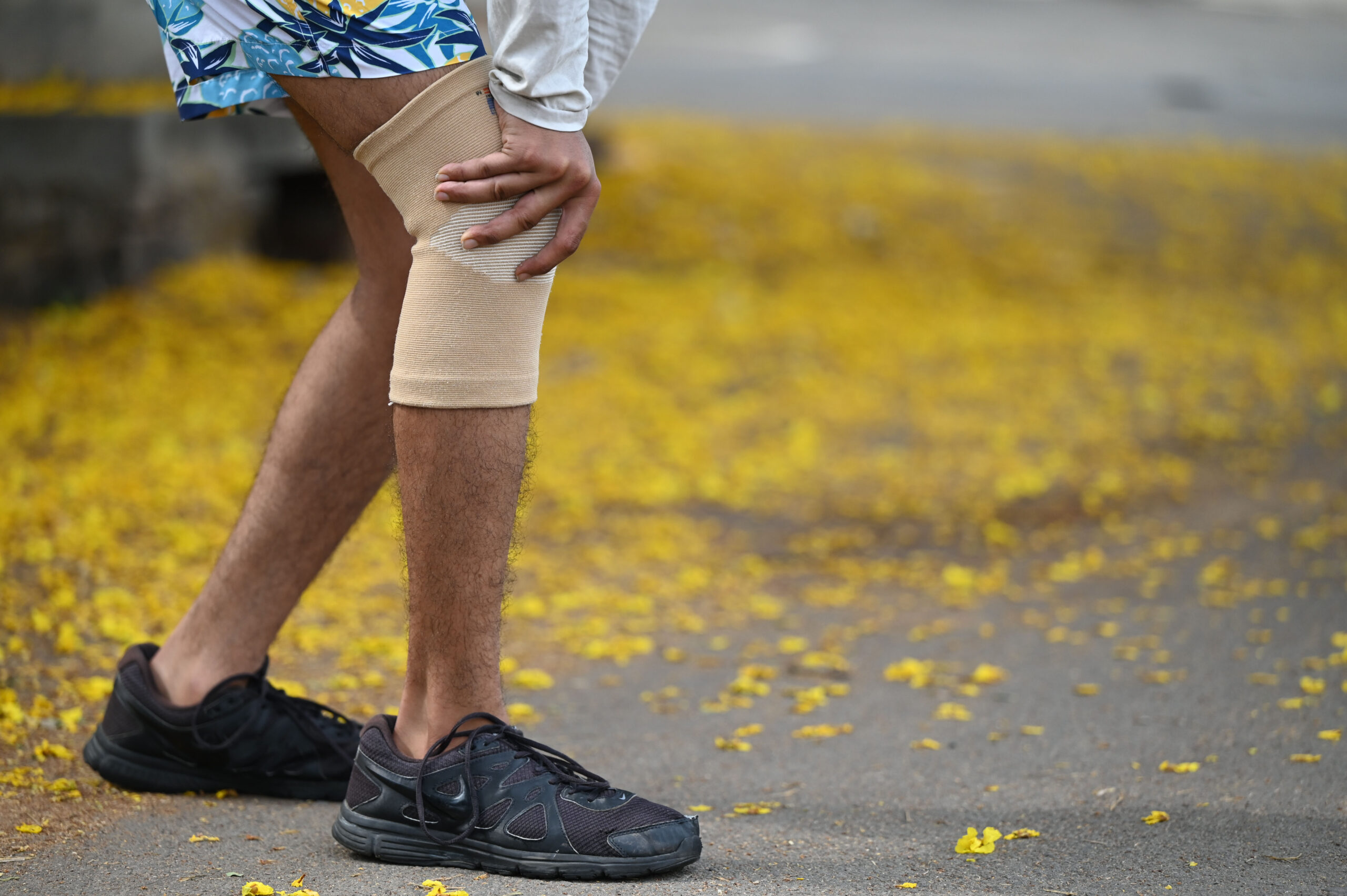
There is a significant shift in food preferences across the world, and processed food has become a ubiquitous part of most people’s plate. “We are living in a world where everything is processed, from our breakfast cereal to our end of the day dessert,” says Safiya Arfain K, clinical nutritionist, dietitian, sports nutritionist and diabetes educator, based in Bangalore. This has coincided with the prevalence of chronic joint pain among the masses.
So, is there a connection between processed food and chronic joint pain?
Does processed food affect chronic joint pain?
Research has been able to establish a tangible connection between processed food consumption and an increased risk of chronic joint pain. While joint pain can have multiple causes, including age, wear and tear, injuries, and autoimmune disorders, the role of diet cannot be ignored.
“They [processed food] are a bulk house of various sugars, salts and preservatives etc., these can act as inflammatory agents to our body. This is the main effect of processed food,” says Arfain.
Processed food is pro-inflammatory in nature. Highly processed foods lack essential nutrients, such as antioxidants and omega-3 fatty acids, which have anti-inflammatory properties.
“The saturated fats, usually found in processed meat, when exposed to high temperature while cooking, increases the number of harmful chemicals in our body. This forms advanced glycosylation end products which leads to further inflammation,” says Arfain.
Processed foods are usually calorie-dense but poor in nutrients, leading to weight gain and increased pressure on the joints, which worsens chronic pain and discomfort.
How processed food affects joint health?
Processed food is laden with trans fats, high-fructose corn syrup, and refined carbohydrates, all of which trigger inflammatory responses in the body.
“When sugars are high, it triggers the release of pro-inflammatory cytokines in our body which contributes to further inflammation in our joints,” says Arfain.
Chronic inflammation can damage joint tissues and lead to pain and stiffness.
The preservatives and additives in processed food generate oxidative stress, causing cell damage and further inflammation. “MSG (monosodium glutamate), though it adds taste to the dish, affects inflammation pathways and stimulates widespread inflammation and swelling throughout the body, including the joints,” says Arfain.
What choice do we have?
Processed food often lacks dietary fibre, crucial for maintaining a healthy gut microbiome. An imbalanced gut microbiome leads to systemic inflammation, impacting joint health.
“The main thing is the portion, the amount of processed food we eat impacts us greatly, if you are consuming it in a negligible amount, having portion control and being mindful about your food choices will make a difference,” says Arfain.
Takeaways
- Processed food contains various sugars, salts, preservatives etc., which can act as inflammatory agents.
- Chronic inflammation can damage joint tissues and lead to pain and stiffness.
- The amount of processed food we eat impacts us greatly. If you are consuming it in a negligible amount, having portion control and being mindful about your food choices, it will make a difference.

















